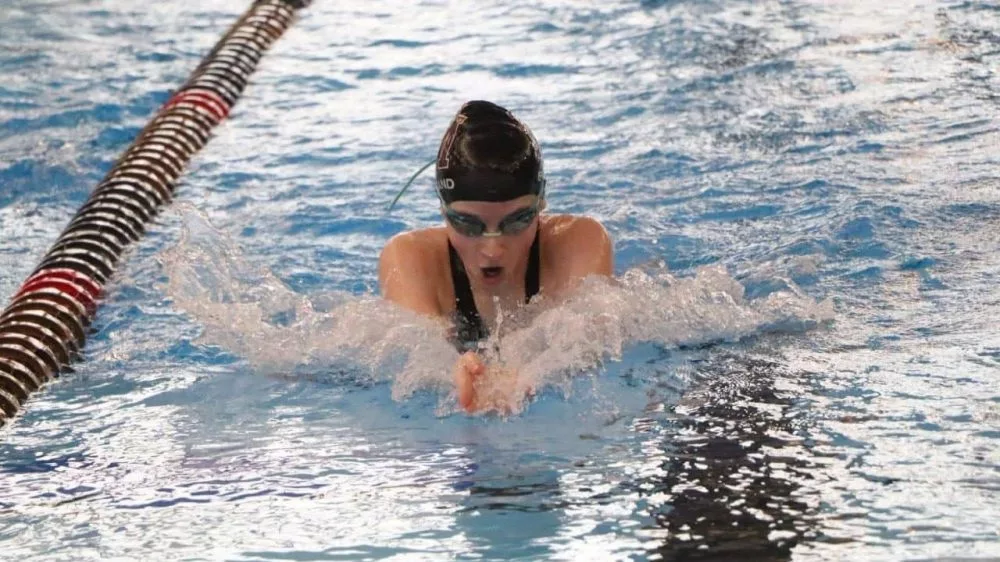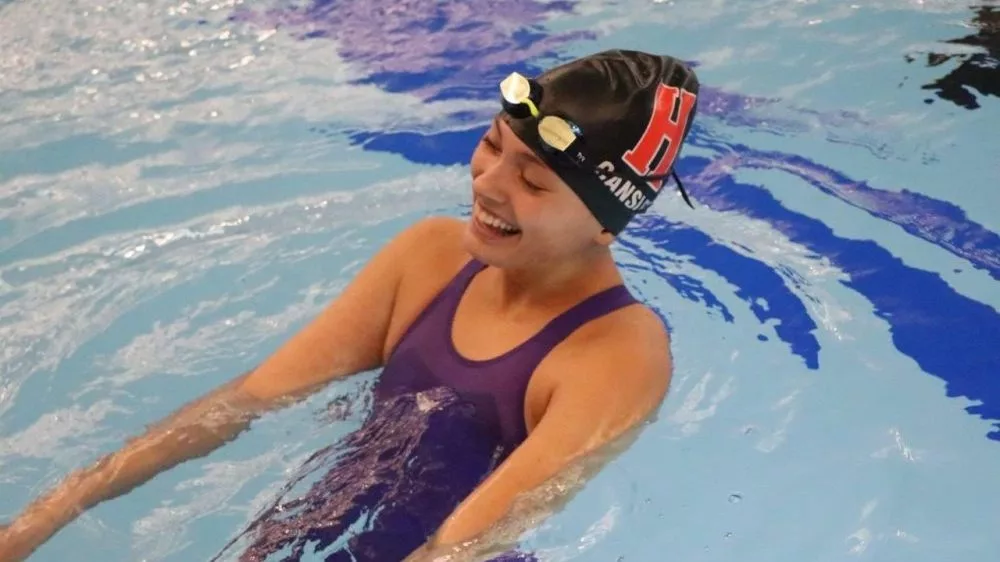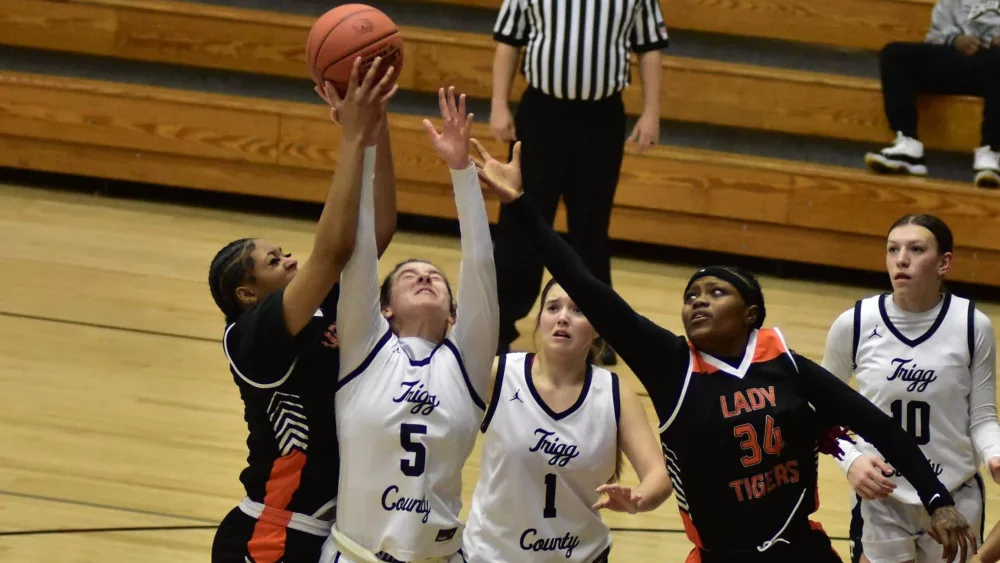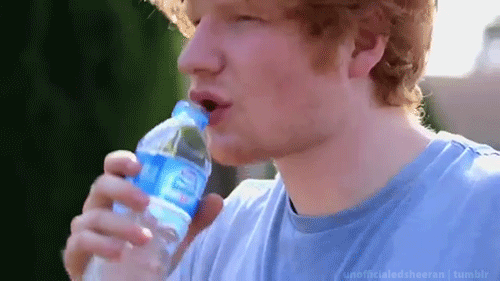
Every now and then, I come across something that makes me say “Wow, I didn’t know that”. I guess I never realized that you can drink too much water. I just didn’t see how that was possible. I have never been real hot on drinking plain water. But sometimes nothing else will quench your thirst like water does. I can go days without drinking more water than is necessary to brush my teeth and sip with my morning couple of pills. Part of my problem is I’m very happy drinking one or two diet sodas per day along with my morning coffee and maybe a glass of milk. But I’m not big on water. Still, I try to get in a couple of bottles a day, usually by swigging the whole bottle at once. Most people still go by the 8 glasses of water or 64 ounces as the right amount of water you should have per day.
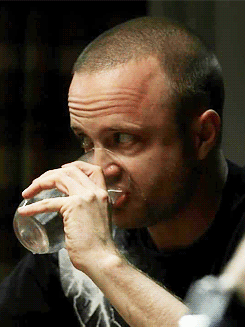
The thing is, I had never thought that you can drink too much water. We are nearing the end of a long hot summer when it has been important top stay hydrated during warm weather activities or simply spending time outdoors in the heat. Drinking water can keep your body temperature around normal, which can help mitigate the risk of dehydration as well as suffering from heat illness. However, there are occasions when people can actually consume too much water, causing them to overhydrate and become ill. The problem with drinking too much water, is that it dilutes the sodium in your blood.
Sodium counts are real critical to muscle function, as well as brain function. When sodium levels in your blood are abnormally low, that can lead to a condition called hyponatremia. This occurs when the kidneys become overwhelmed and it becomes difficult for them to excrete water. Symptoms of hyponatremia can range from mild to life-threatening, according to the Mayo Clinic. Beth Kitchin, Ph.D, an assistant professor with the University of Alabama at Birmingham Department of Nutrition Sciences, said people should drink about 4 to 6 ounces of water every 20 minutes when performing an activity, whether it’s gardening or running a marathon. “You don’t need gallons of water during activity, which is where some people have gotten into trouble with overhydration,” she said.
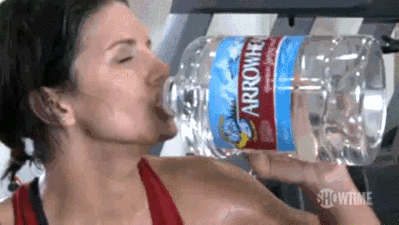 The Centers for Disease Control states that the average adult should consume about 3 to 4 liters of water daily from drinking fluids and eating food. Elena McCown is an ACE certified health coach and fitness instructor based in Franklin, Tennessee, who often coaches marathon runners. She frequently tells clients that while water is important and vital to life, more is not always better in certain circumstances. “Hyponatremia occurs more frequently in females, the elderly, and those who are hospitalized or have specific risk factors,” McCown said. “I tend to see it more often in people who are running marathons, are a little slower, and tend to over compensate by drinking too much water and not taking in enough electrolytes.” To find the proper balance between hydrating and overhydrating, it’s best to drink to your thirst level, while also consuming sports drinks, such as Gatorade that contain electrolytes. I actually do drink those at times when I am out in the heat.
The Centers for Disease Control states that the average adult should consume about 3 to 4 liters of water daily from drinking fluids and eating food. Elena McCown is an ACE certified health coach and fitness instructor based in Franklin, Tennessee, who often coaches marathon runners. She frequently tells clients that while water is important and vital to life, more is not always better in certain circumstances. “Hyponatremia occurs more frequently in females, the elderly, and those who are hospitalized or have specific risk factors,” McCown said. “I tend to see it more often in people who are running marathons, are a little slower, and tend to over compensate by drinking too much water and not taking in enough electrolytes.” To find the proper balance between hydrating and overhydrating, it’s best to drink to your thirst level, while also consuming sports drinks, such as Gatorade that contain electrolytes. I actually do drink those at times when I am out in the heat.
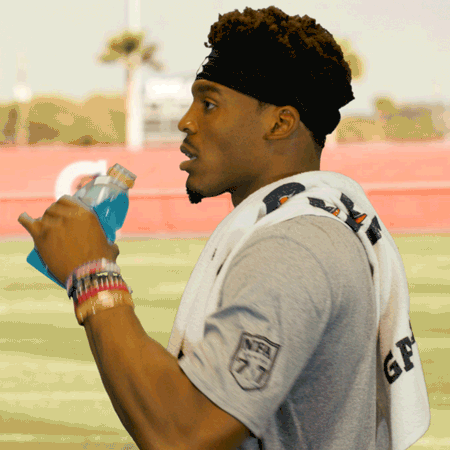 The body loses sodium when people sweat during exercise. Adding additional levels of sodium to your diet right before an endurance event is another way to help counterbalance the risk of suffering hyponatremia. Consuming foods like soup or adding about a teaspoon of salt to some of the foods that you eat can provide a boost to sodium levels. If you plan to work out several days on end, in really hot weather you’re probably not gonna get enough salt into your body to match the salt you’re sweating out, so you should think about adding a little salt to the things you eat.
The body loses sodium when people sweat during exercise. Adding additional levels of sodium to your diet right before an endurance event is another way to help counterbalance the risk of suffering hyponatremia. Consuming foods like soup or adding about a teaspoon of salt to some of the foods that you eat can provide a boost to sodium levels. If you plan to work out several days on end, in really hot weather you’re probably not gonna get enough salt into your body to match the salt you’re sweating out, so you should think about adding a little salt to the things you eat.
Although most canned foods that you buy in stores already has a tremendous amount of salt already in it. So be careful on the salt intake as well. Hyponatremia is a low sodium level in the blood. It is generally defined as a sodium concentration of less than 135 mmol/L, with severe hyponatremia being below 120 mEql/L. Symptoms can be absent, mild or severe. Signs and symptoms of hyponatremia include nausea and vomiting, headache, short-term memory loss, confusion, lethargy, fatigue, loss of appetite, irritability, muscle weakness, spasms or cramps, seizures, and decreased consciousness or coma. The presence and severity of signs and symptoms are related to the level of salt in the blood, with lower levels of plasma sodium associated with more severe symptoms. However, emerging data suggest that mild hyponatremia (plasma sodium levels at 131–135 mmol/L) is associated with numerous complications or subtle, presently unrecognized symptoms (for example, increased falls, altered posture and gait, reduced attention)
 If you haven’t experienced any of these symptom, then you are probably keeping your salt levels at an acceptable level. Water is your body’s principal chemical component and makes up about 60 percent of your body weight. Your body depends on water to survive. Every cell, tissue and organ in your body needs water to work properly. For example, water gets rid of waste, keeps your temperature normal, lubricates and cushions joints, protects sensitive tissues and much more. Lack of water can lead to dehydration, a condition that occurs when you don’t have enough water in your body to carry out normal functions. Even mild dehydration can drain your energy and make you tired. If you aren’t big on plain water like me, the Center For Disease Control recommends, the average adult should take in a total of 3 to 4 liters of water daily through both drinking of fluids and food. Roughly 80 percent of this is via drinking of various fluids. When thinking about 3 to 4 liters of water, this equates to roughly 120 ounces of fluids, or six 20 ounce water bottles. These recommendations cover fluids from water, other beverages and food. About 20 percent of daily fluid intake usually comes from food and the rest from drinks. So don’t stop your intake of water, just add other things to your intake to maintain healthy sodium levels.
If you haven’t experienced any of these symptom, then you are probably keeping your salt levels at an acceptable level. Water is your body’s principal chemical component and makes up about 60 percent of your body weight. Your body depends on water to survive. Every cell, tissue and organ in your body needs water to work properly. For example, water gets rid of waste, keeps your temperature normal, lubricates and cushions joints, protects sensitive tissues and much more. Lack of water can lead to dehydration, a condition that occurs when you don’t have enough water in your body to carry out normal functions. Even mild dehydration can drain your energy and make you tired. If you aren’t big on plain water like me, the Center For Disease Control recommends, the average adult should take in a total of 3 to 4 liters of water daily through both drinking of fluids and food. Roughly 80 percent of this is via drinking of various fluids. When thinking about 3 to 4 liters of water, this equates to roughly 120 ounces of fluids, or six 20 ounce water bottles. These recommendations cover fluids from water, other beverages and food. About 20 percent of daily fluid intake usually comes from food and the rest from drinks. So don’t stop your intake of water, just add other things to your intake to maintain healthy sodium levels.


